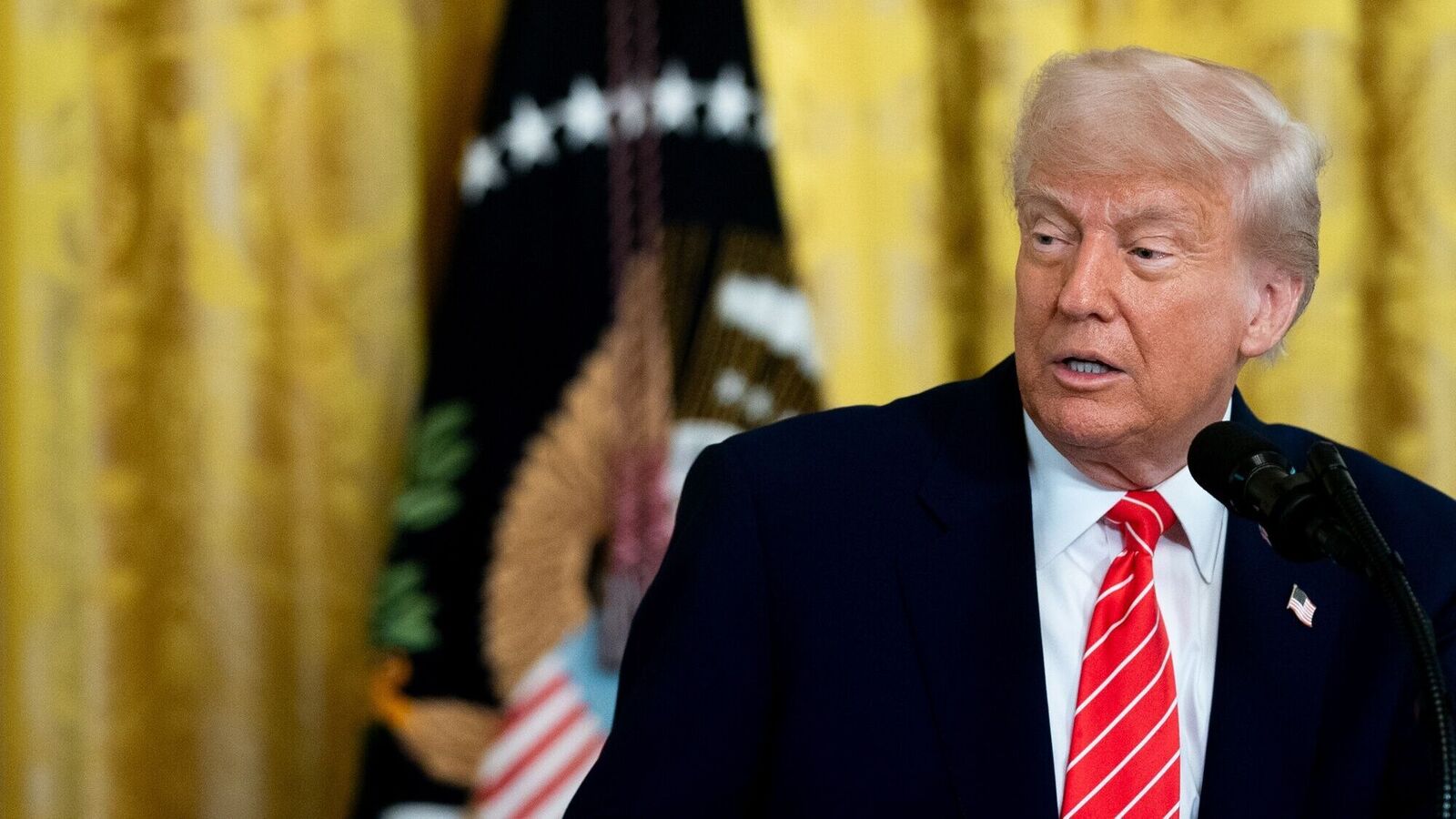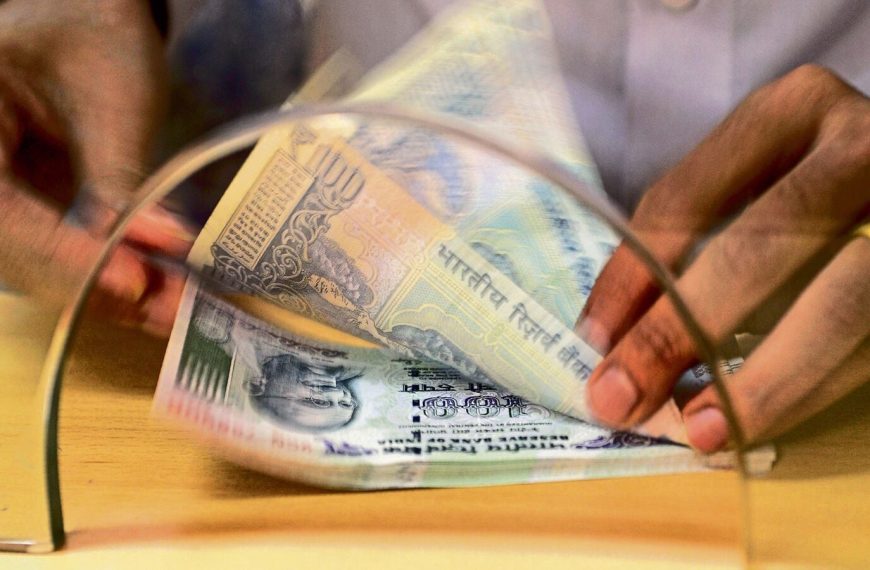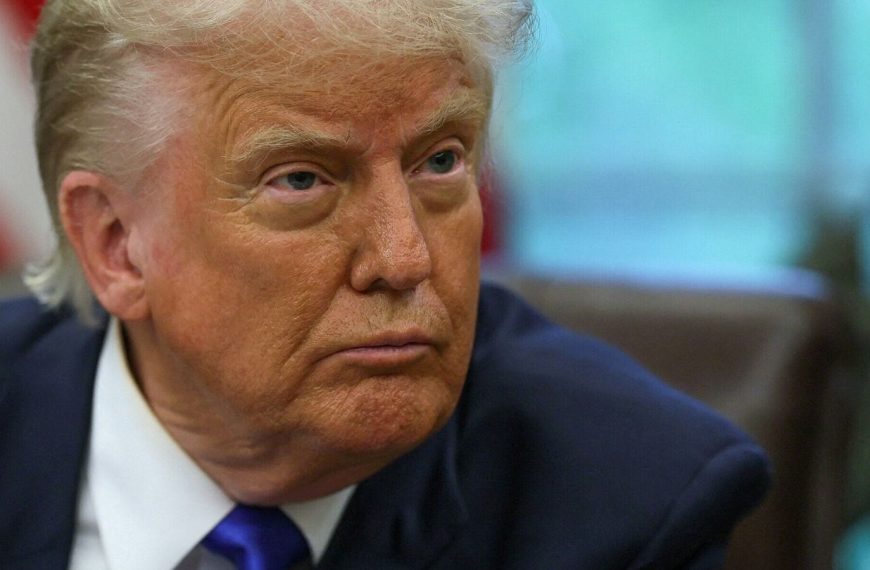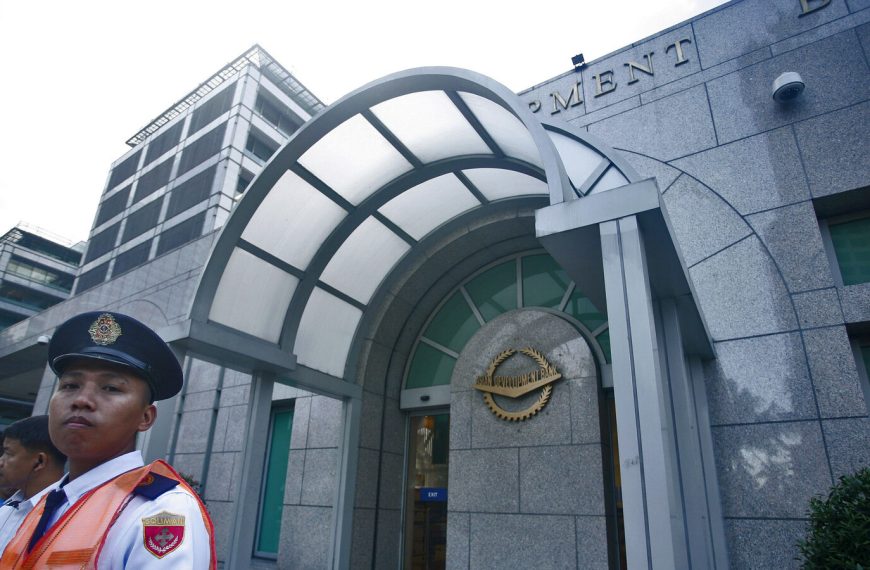Concerns are mounting among Indian trade experts regarding the recent limited trade agreement between the United States and the United Kingdom. Announced on May 8, this deal has raised alarms as it could serve as a blueprint for a similar “mini deal” that the US might urge New Delhi to sign. Analysts from the Global Trade Research Initiative (GTRI) have pointed out that the arrangement favors the US significantly, prompting Indian negotiators to tread carefully.
The Nature of the US-UK Trade Deal
The US-UK trade pact is indicative of a transactional approach favored during the Trump administration, which emphasizes quick wins over the complexities of a comprehensive free trade agreement (FTA). Under this new deal, the US has promised to lower tariffs on several British exports. For instance, the hefty 27.5% duty on cars will be reduced to 10% for up to 100,000 vehicles each year, aligning with current UK export volumes to the US.
- Key Tariff Changes Include:
- Complete removal of tariffs on UK steel and aluminum.
- Elimination of duties on aerospace components, including Rolls-Royce jet engines.
- UK commitments to cut tariffs on 1.4 billion liters of American ethanol and 20% duties on US beef within specified quotas.
Implications for India
The ramifications of the US-UK deal could be significant for India, especially as the Indian government has been in discussions with Washington for over five years. With negotiations gaining traction under the previous administration, experts warn that a similar announcement between the US and India could soon be on the horizon.
However, the GTRI’s report cautions that following the UK’s model could lead India to make substantial concessions without equivalent benefits. Indian negotiators might be compelled to significantly reduce tariffs on a variety of US agricultural products, including:
- Soybeans
- Ethanol
- Almonds
- Apples
- Poultry and meat
These products are politically sensitive and could adversely affect Indian farmers.
The Risk of Imbalance
One of the most pressing concerns highlighted by the GTRI is the imbalance inherent in the deal. As noted by Ajay Srivastava, co-founder of the GTRI, while the UK has agreed to cut tariffs on over 2,500 American products, the US has reciprocated with concessions on fewer than 100 items, and even then, only partially. He warns that this is a clear indicator of a lack of true reciprocity.
Protecting India’s Interests
India must establish firm boundaries, particularly regarding agricultural concessions. The potential influx of subsidized American agricultural imports could severely impact millions of Indian farmers. Srivastava emphasizes that no trade agreement should undermine India’s rural economy or compromise regulatory autonomy.
In 2024, US agricultural exports to India reached nearly $2 billion, with significant contributions from alcoholic beverages and fruits. Meanwhile, India’s exports to the US were approximately $5.5 billion.
As discussions continue, it’s crucial for India to learn from the UK’s experience and ensure that any potential agreements with the US are beneficial and balanced.











